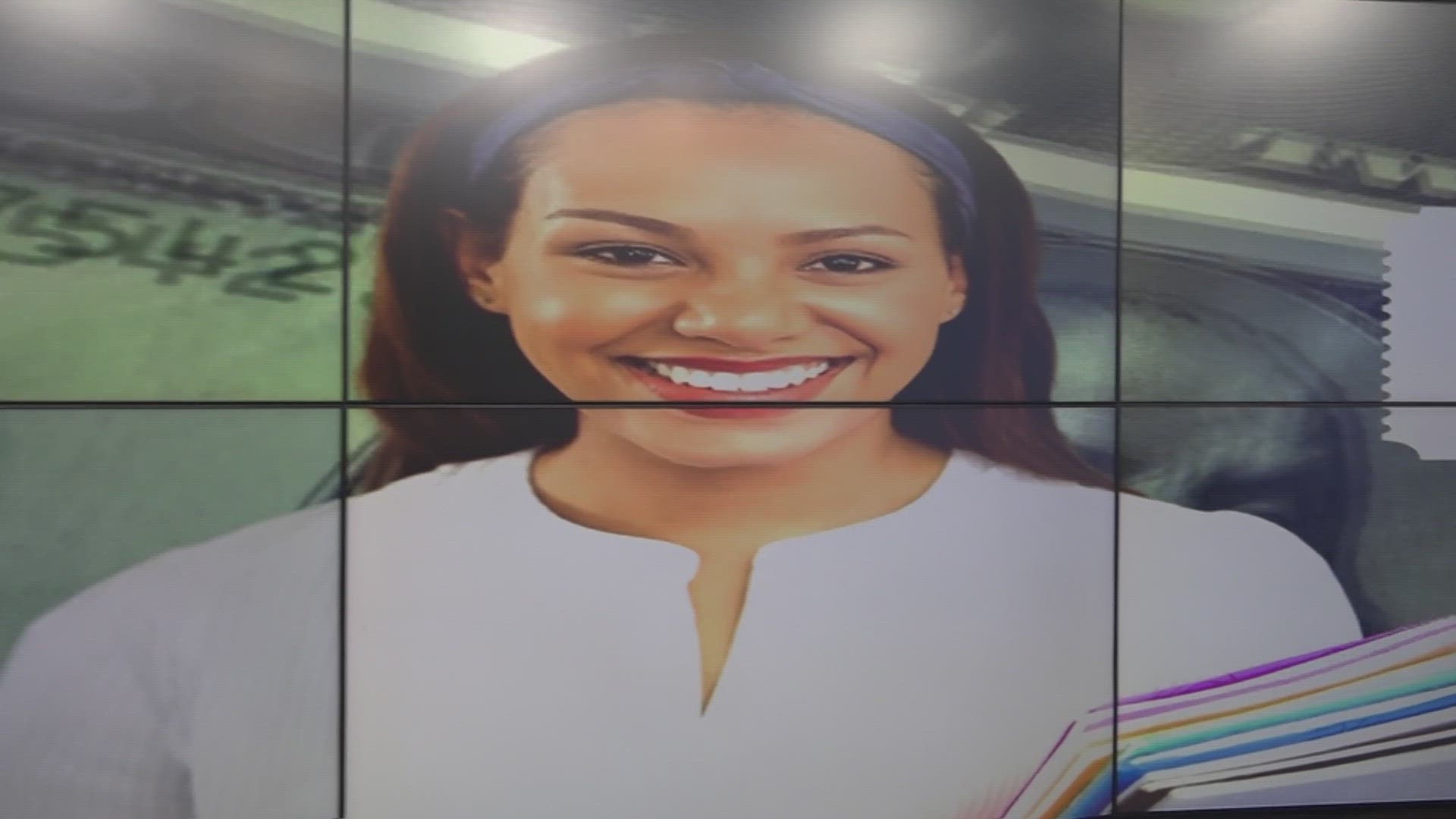GREENSBORO, N.C. — The North Carolina House of Representatives passed its second reading of the $30.9 billion dollar state budget Thursday afternoon.
The Senate also passed its second reading as well, the final vote will be Friday.
The negotiated NC two-year state budget plan was released Wednesday, with floor votes expected Thursday and Friday.
A state budget was supposed to be in place at the start of the new fiscal year, which began July 1, but negotiations slowed during the summer.
Passing this budget is one step closer to expanding Medicaid to potentially cover 600,000 adults who don't qualify or make enough for health insurance, now that casinos have been removed from this budget.
Leaders briefly considered removing Medicaid expansion from the budget and tying it to expand gambling as a separate bill.
Medicaid expansion is considered a top priority of Cooper and his legislative allies.
Medicaid expansion in North Carolina will increase the eligible population to adults aged 19-64 with incomes up to 138% of the federal poverty level on Oct. 1. The expansion gives health care coverage to single individuals making under $20,000 a year.
"I think that it will impact a large percentage of constituents. Those that possibly are the working class unable to get healthcare and over long-term can make a very positive impact," Republican Senator Steve Jarvis said.
Under the new budget, all North Carolina students could be eligible for vouchers to attend private school, regardless of income level.
The move would give students money to put toward a private school education, but could mean less money for public schools.
According to Senator Berger’s office: students with the highest level of family income could receive just more than $3,000, whereas students on the lower end of the income scale could receive more than $7,000.
Public school advocates are concerned about the amount of money that public schools could lose if taxpayer money goes to fund private education.
"When we are siphoning off public funds to private and charter schools, that means we are spending public dollars on schools where they have the ability to handpick their students and are not held to the same accountability standard that our public schools are. We believe public dollars belong in public schools," Joanna Pendleton, President of Guilford County Association of Educators said.
Republican lawmakers believe it will give families the choice whether they want to send their child to private school.
In addition to Medicaid expansion and private school vouchers, the individual income tax rate would drop from the current 4.75% to 3.99% by 2026, rather than the 2027 date currently in state law. It could also drop as low as 2.49% in the years after if revenue collection thresholds are met.
Rank-and-file state employees would get a 4% raise this year and a 3% raise next year, while average teacher salaries would grow by at least 7% over two years in the new budget. The plan also sets aside $2 billion for 200 water and wastewater infrastructure projects.
“We’re very proud of this budget," Moore said. “It’s going to lower taxes. It’s going to invest in our infrastructure from one end of the state to the other and make a wise use of North Carolina’s resources that we have to see our state continue to grow and prosper.”

